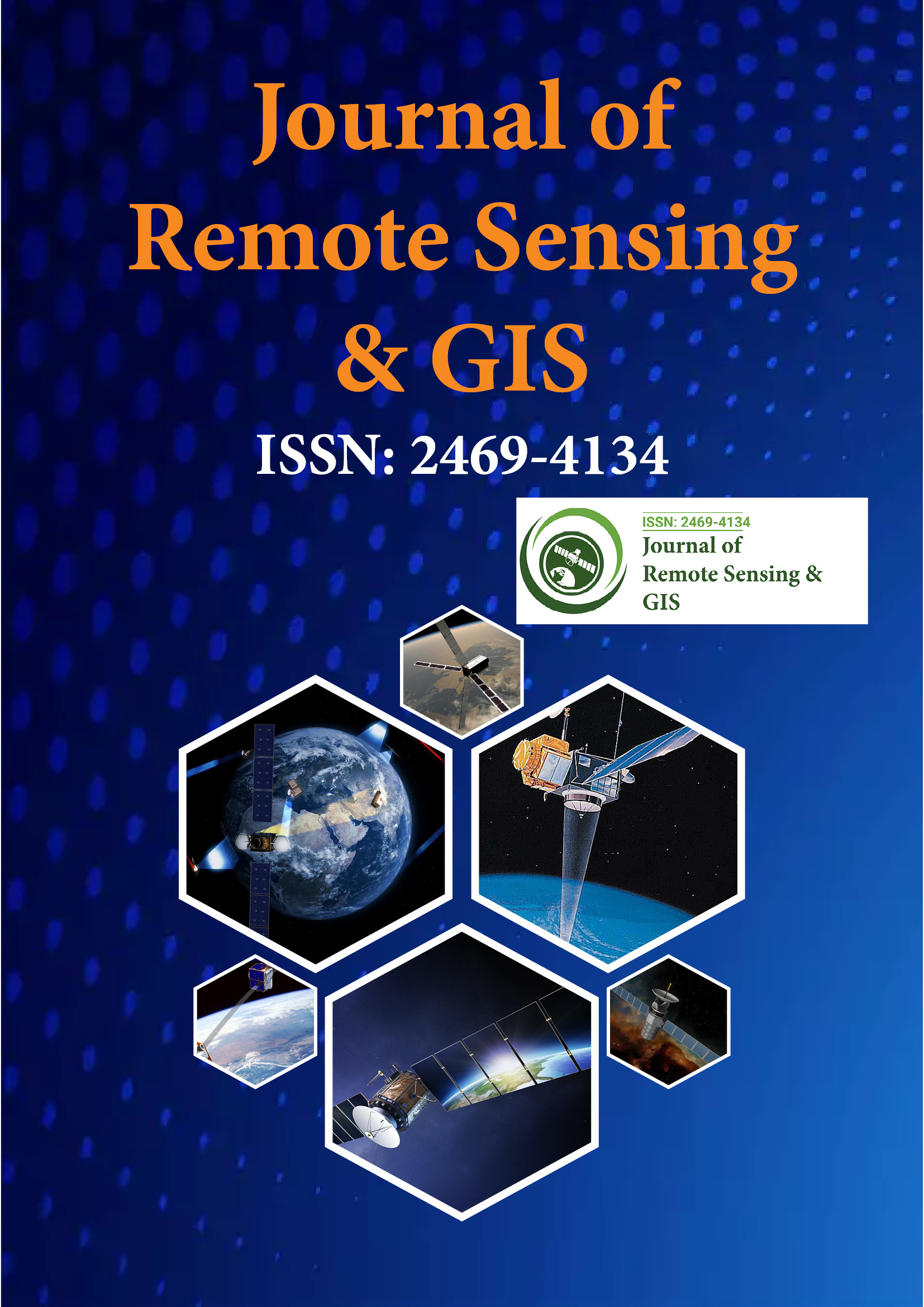Indexado em
- Abra o Portão J
- RefSeek
- Universidade de Hamdard
- EBSCO AZ
- OCLC- WorldCat
- publons
- Indexação Científica Internacional
- Euro Pub
- Google Scholar
Links Úteis
Compartilhe esta página
Folheto de jornal

Periódicos de Acesso Aberto
- Agro e Aquicultura
- Alimentos e Nutrição
- Bioinformática e Biologia de Sistemas
- Bioquímica
- Ciência de materiais
- Ciencias ambientais
- Ciências Clínicas
- Ciências Farmacêuticas
- Ciências gerais
- Ciências Médicas
- Cuidados de enfermagem e saúde
- Engenharia
- Genética e Biologia Molecular
- Gestão de negócios
- Imunologia e Microbiologia
- Neurociência e Psicologia
- Química
Abstrato
Análise Espacial do Cancro do Colo do Útero e Fatores Correlacionados
Daniel Bingi, Anthony Gidudu, Dorothy Okello e Catherine Lutalo Mwesigwa
O cancro do colo do útero é uma doença evitável pelo rastreio, apesar deste facto a maioria das mulheres no Uganda dirigem-se aos principais centros de saúde numa fase avançada da doença, causando uma elevada mortalidade da doença. A aplicabilidade e utilização do SIG em estudos epidemiológicos no Uganda ainda faltam, o SIG combinado com métodos de estatísticas espaciais fornece novas ferramentas poderosas para a compreensão da epidemiologia das doenças, pelo que a análise actualmente em curso carece da componente espacial, para permitir efectivamente transformar o conhecimento espacial informado em áreas em risco onde os serviços de rastreio devem visar a lacuna resultante do rastreio. Este estudo teve como objectivo explorar o SIG para analisar a distribuição espacial do cancro do colo do útero e os factores correlacionados para atingir as áreas de alto risco no Uganda. Isto envolveu determinar a distribuição do cancro do colo do útero, desenvolver um mapa de factores críticos e determinar a sua relação com a distribuição e explorar a relação que os factores correlacionados se relacionam com a distribuição do cancro do colo do útero. Este estudo concluiu que o cancro do colo do útero apresenta um risco muito elevado no Uganda e é necessário considerar medidas imediatas para atingir as áreas de alto risco antes que se verifique uma infecção em larga escala, onde uma grande maioria de mulheres corre o risco de desenvolver cancro do colo do útero.